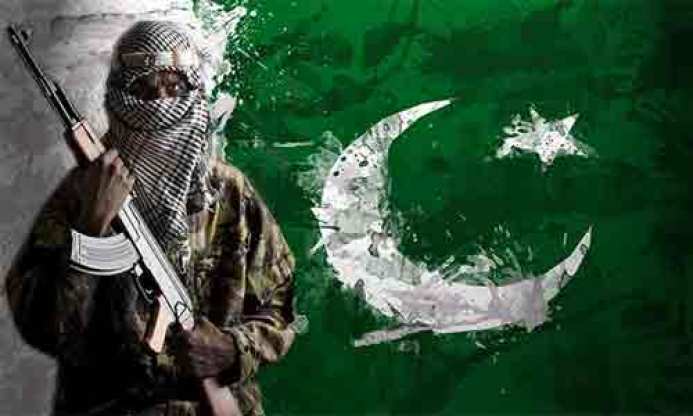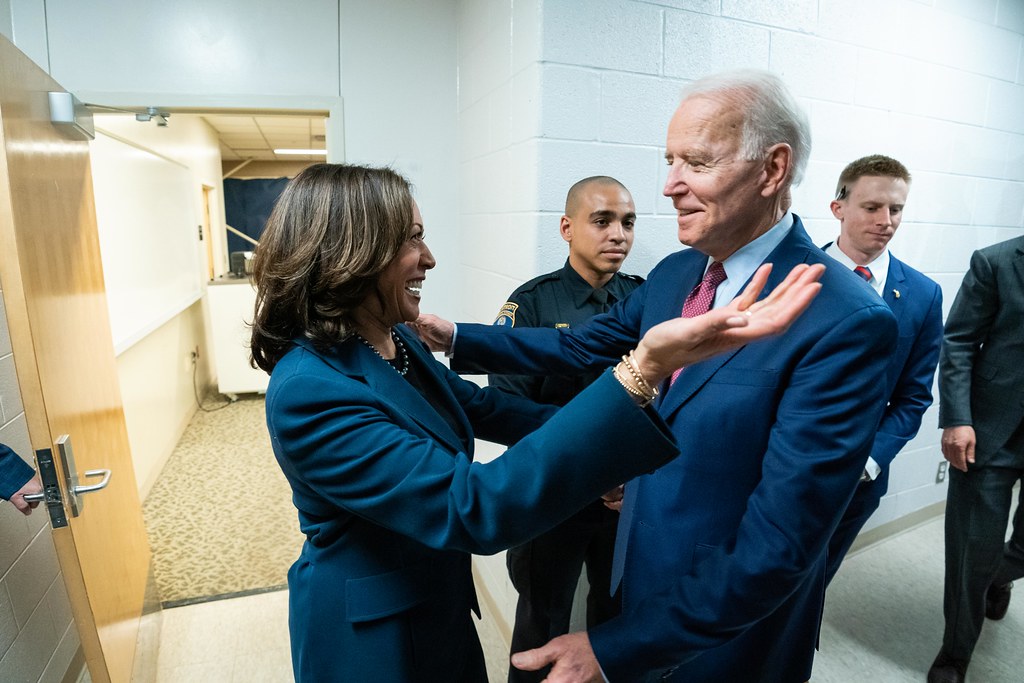The recent visit of US Defense Secretary to India, Pakistan’s Chief General Bajwa talking about mutual respect, peaceful coexistence, the need to bury the past and look towards living in peace, signing a cease fire agreement on Line of Control or LoC (violated almost 5000 times in last 6 year), Biden administration including India to discuss modalities of peace in Afghanistan along with China, Russia, Iran, Pakistan and lastly, India offering Pakistan’s Prime Minister Imran Khan to use its air space to fly to Sri Lanka are all signaling that something is brewing.
What has changed on the ground for all this to happen? It seems counterintuitive amid the Pakistanis openly trying to resurrect the Khalistan movement; drones being used to drop weapons not just in J&K but also in Punjab, tunnels to infiltrate terrorists being dug in, introducing ‘sticky bombs’ (used to devastating effect in Afghanistan in recent weeks). Clearly, the terror factory in Pakistan is continuing to devise newer ways to bleed India. The critical question then is how this agreement came to be as this is hardly conducive to any kind of move towards putting the bilateral relationship back on track.
If the sequence of events is closely examined then one may be able to read between the lines.
Examining behaviour of Uncle Sam
1. The US State Department has welcomed the cease fire agreement. It has also called on both countries to “continue direct negotiations” and asked Pakistan to prevent “militants from crossing the LoC to launch attacks in India”. So, cease fire implies that Pakistan is now no more sending terrorist from across the border. The views of both Biden and Kamala Harris regarding Kashmir, article 370 are well known to Indians.
2. The US study group that was formulated to find ways to facilitate the return of the US troops from Afghanistan, keeping their dignity intact and restoring peace and stability in the war torn country, has recommended a mechanism. The most important element of this group’s policy suggestion is the role assigned to India. It advises setting up two mechanisms to end the war in Afghanistan. First, a regional conference under the banner of the United Nations with foreign ministers of six countries – US, Russia, China, Pakistan, Iran and India – to discuss a “unified approach” on Afghanistan. Second, opening a dialogue between the Taliban and the Afghan government in Turkey.
3. The US study group has worked on a premise that no other regional country other than Pakistan needs an urgent boost to its economy. So, certain assurances vis-à-vis it’s perceived or true concerns about Afghanistan, India, or the India-Afghanistan nexus may encourage the Pakistani leadership to somehow become a responsible partner in the Afghan peace process.
4. The US is also trying to please Pakistan which is an old strategy - old wine in a new bottle. This implies that appeasement has to be at the cost of India.
5. Lloyd Austin, the US Defense Secretary tweeted on Friday, "thrilled to be here in India. The breadth of cooperation between our two nations reflects the significance of our major defense partnership, as we work together to address the most pressing challenges facing the Indo-Pacific region”. He expressed his country's strong desire to further deepen strategic ties with India to address, China's aggressive behaviour in the region, India's plan to procure around 30 multi-mission armed Predator drones, India's plan to acquire 114 fighter jets at a cost of around USD 18 billion from American defense majors -Boeing and Lockheed–Martin.
6. It is a fact that with India having no wherewithal and boots on the ground to influence the peace process in Afghanistan, it can do little to help the US in extricating itself with dignity from, and restoring peace in Afghanistan.
7. Except for the infrastructure and general good will, India has nothing to offer in Afghanistan. Whereas, Pakistan, a key player, has all the nuisance power to influence the peace process. Trump, the erstwhile US President, had even mocked PM Narendra Modi over the utility of Delhi sponsoring "library" in the war-torn Afghanistan.
India can be easily lured




